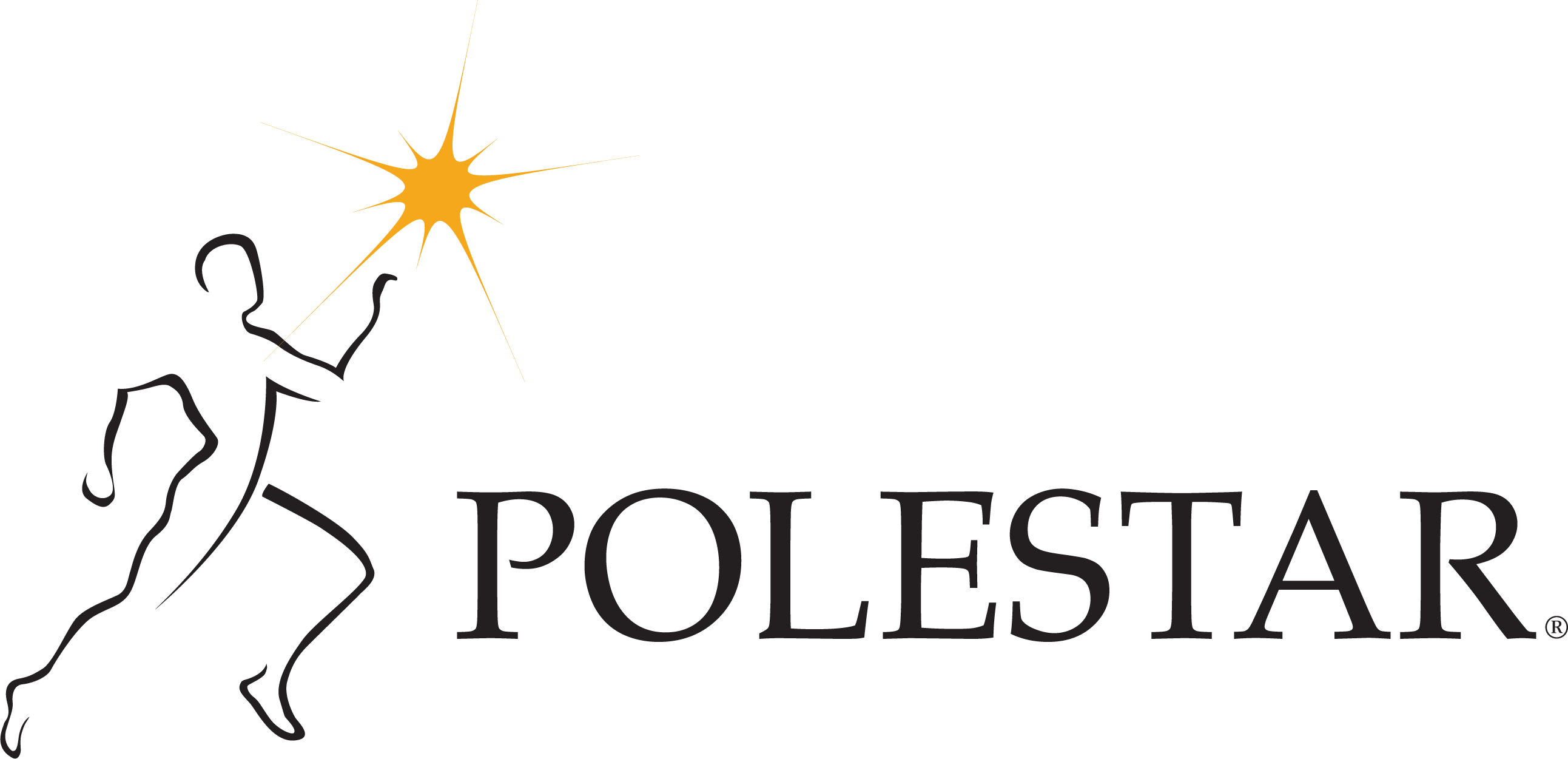Course Overview:
-
Assess and Design effective Pilates programs for clients and patients
-
This two-day, 16-hour course is designed to aid the licensed rehabilitation professional better diagnose, design, and prescribe Pilates for their patients, and experienced the Pilates teacher to assess and choose the most appropriate exercises and build more effective exercise plans.
-
By using the Polestar Principles of Movement, integrated with the Polestar Assessment Tool (PAT) and the World Health Organizations (WHO) latest classification system, the International Classification of Function (ICF) model, the practitioner will be able to identify movement limitations much more effectively.
-
This course will emphasize the use of the ICF model to design the path in which the patient is most likely to succeed in returning to their desired level of participation in life.
-
This course will emphasize the use of the Polestar Assessment Tool (PAT) combined with the ICF model to design the path in which the patient or client is most likely to accomplish their goals and return to life they desire.
-
Instructional Method: Lecture with demonstration and labs
-
Student to Faculty Ratio: 30:1
Learning objectives:
-
Understand and use the Polestar Principles of Movement to understand and diagnose movement limitation.
-
Utilize a critical reasoning model within the Polestar Principles of Movement to identify a priority within the treatment design.
-
Learn and become proficient in functional movement assessment using the Polestar Assessment Tool (PAT).
-
Become familiar with staging rehabilitation and prognosis outcomes through the Polestar Critical Reasoning model.
-
Know and use the ICF model to include the many factors that influence our clients and patients’ lives and wellbeing.
-
Understand that often a multi-discipline team is needed to fully meet the needs of our clients.
-
Understand Porterfield and DeRosa’s Stages of Rehabilitation
-
Understand the Scope of Practice of the Pilates teacher including how to assess clients, design and implement an exercise plan and reassess and make changes based on the findings.
-
Design optimal interventions within the Pilates environment utilizing the Polestar Critical Reasoning model.
-
Create clear outcome measures that can measure the efficacy of treatment/exercise intervention.
-
Be able to revisit the critical reasoning model when outcome is lacking to rework the treatment plan.
-
Incorporate the patient or client into all assessment, intervention, and outcomes with a clear understanding of their role in their own health.
-
Incorporate wellness and health promotion through facilitating all the lifestyle essentials taught within the Pilates philosophy of health and wellbeing.
Schedule
| Day 1 | |
|---|---|
| 9-10AM | Lecture I: Principles of Movement (POM) |
| 10-11:30AM | Lab I: Problem Solving with POM |
| 11:30-11:45AM | Break |
| 11:45AM-1:30PM | Demonstration of the Polestar Assessment Tool (PAT) |
| 1:30-2:30PM | Lunch |
| 2:30-3:45PM | Lab II: Practice of the PAT |
| 3:45-4PM | Break |
| 4-6PM | Lab III: Live assessment of volunteers using the PAT |
| Day 2 | |
|---|---|
| 9-11AM | Lecture II: Evolution from NAGI to the ICF Model |
| 11AM-12PM | Lab IV: Interviewing Skills |
| 12-12:15PM | Break |
| 12:15-1:30PM | Lecture III: Stages of Rehabilitation |
| 1:30-2:30PM | Lunch |
| 2:30-3:30PM | Lab V: Case Studies |
| 3:30-3:45PM | Break |
| 3:45-4:15PM | Lecture IV: Design treatment plan using the POM, PAT, Stages of Rehabilitation, and ICF Model |
| 4:15-5:45PM | Lab VI: Design intervention with live volunteers and case study presentation |
| 5:45-6PM | Review and Course Evaluation |
About Shelly Power, BS, NCPT

Shelly is a senior Polestar faculty member teaching nationally and internationally, and works closely with the Polestar licensees and senior educators.
As a frequent presenter at international fitness and Pilates conferences, Shelly brings a unique and fresh approach to the work of Joseph Pilates. She has been a pioneer of the Polestar curriculum since 1990 conducting Pilates workshops and Polestar Educator trainings around the world.
She served on the PMA Board of Directors from 2013-to 2019, and has served on various PMA committees focused on improving the quality of Pilates education including as a Subject Matter Expert for the PMA Certification Exam, now National Pilates Certification Exam since 2011.
Her early career included dancing professionally for 12 years with the Sacramento-based modern dance company Dale Scholl Dance/Art. Shelly received her BS degree in Dance from California State University, Sacramento, where she also served on the faculty from 1992 to 1998.
She studied Pilates and worked as a physical therapy aide with Polestar President Brent Anderson at his first clinic, Anderson Physical Therapy, in their native Sacramento for 7 years, and later moved with Polestar to Miami in 1998.
Shelly is the co-founder of Polestar Pilates Center Miami, a Pilates conditioning, rehabilitation, and physical therapy studio in Miami, Florida.
Shelly has a certification in GYROTONIC®, having trained with Angela Crowley, and has completed the first year of Franklin-Method® training with Eric Franklin. She has been a member of the International Association for Dance Medicine & Science (IADMS), is a member of the Pilates Method Alliance, and is a Nationally Certified Pilates Teacher.


